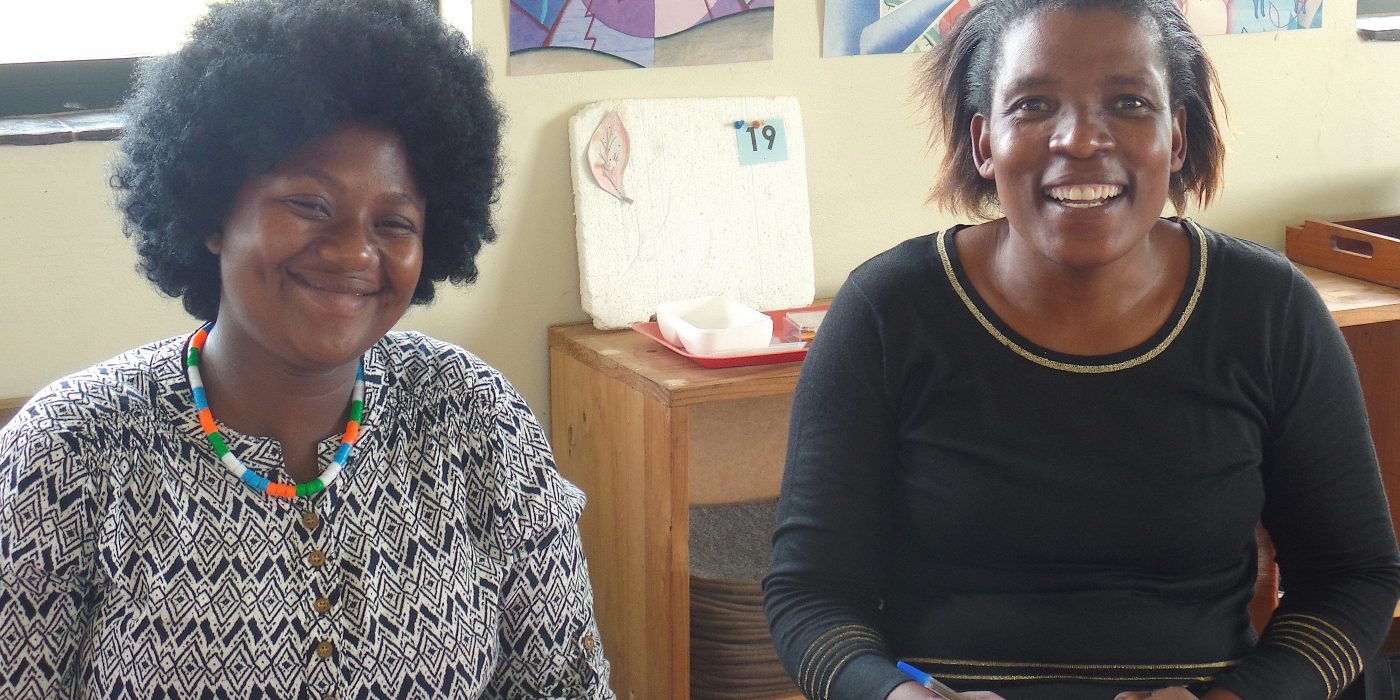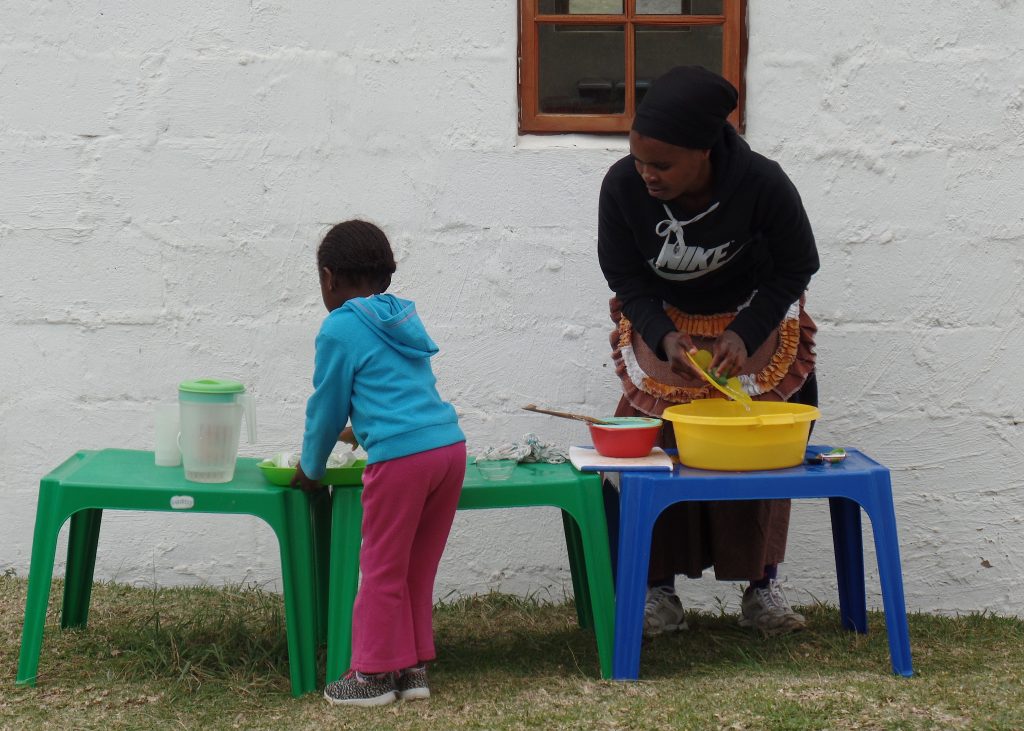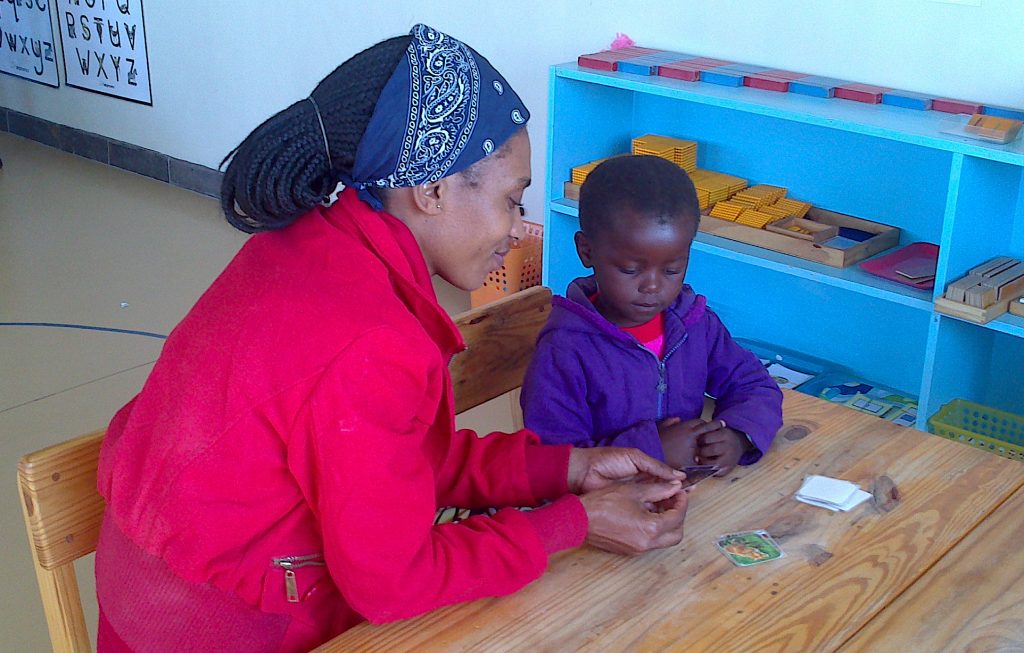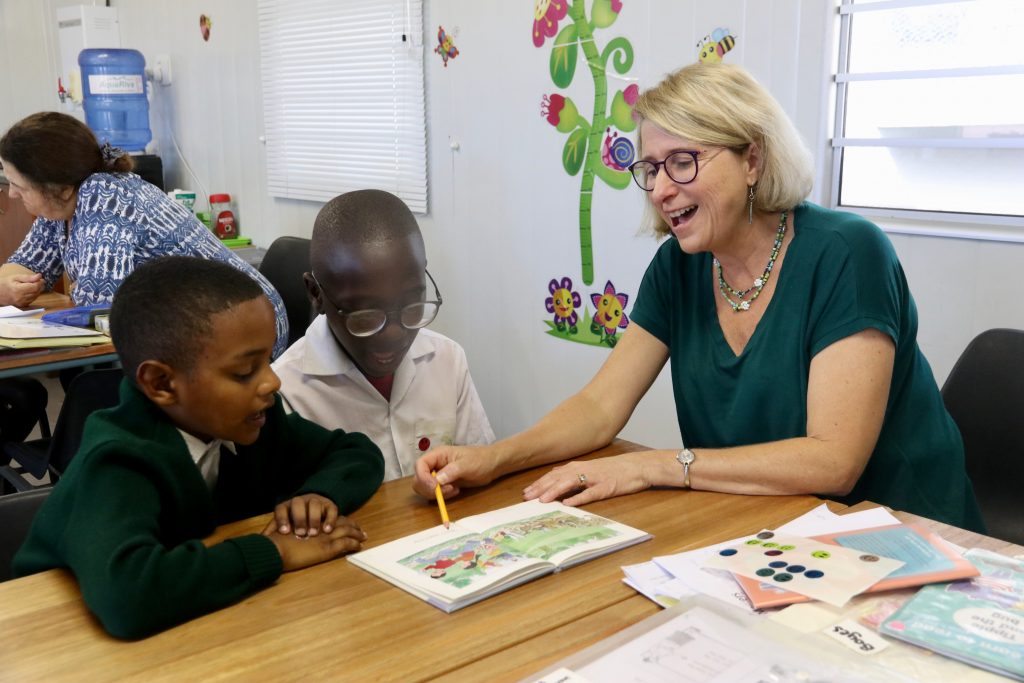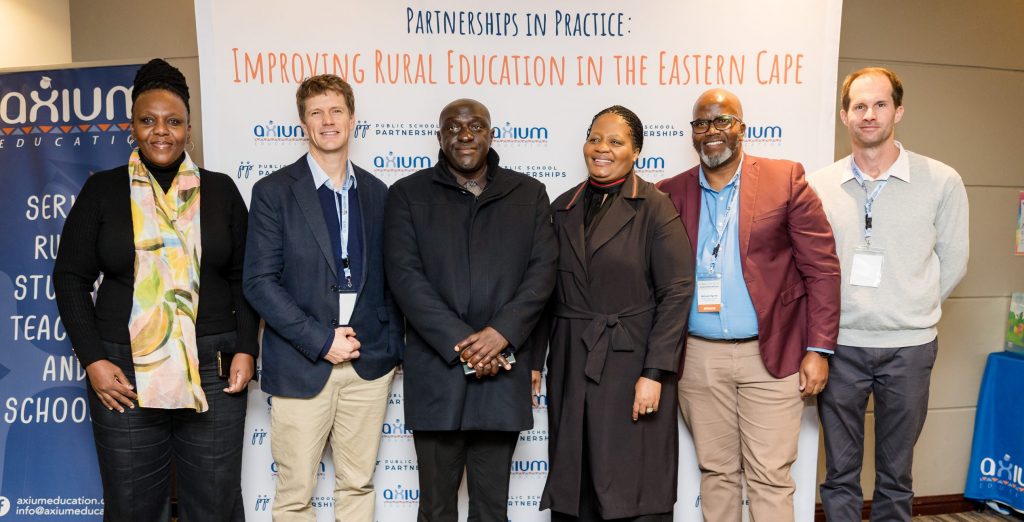“The real preparation for education is a study of one’s self. The training of the teacher who is to help life is something far more than a learning of ideas. It includes the training of character; it is a preparation of the spirit.” (Maria Montessori)
Maria Montessori delivered nearly a hundred training courses during her life and focused precisely at nurturing a new consciousness in adults. The “spiritual preparation of the adult,” as she called it, is almost entirely based on purposefully reforming the relationship between the adult and the child.
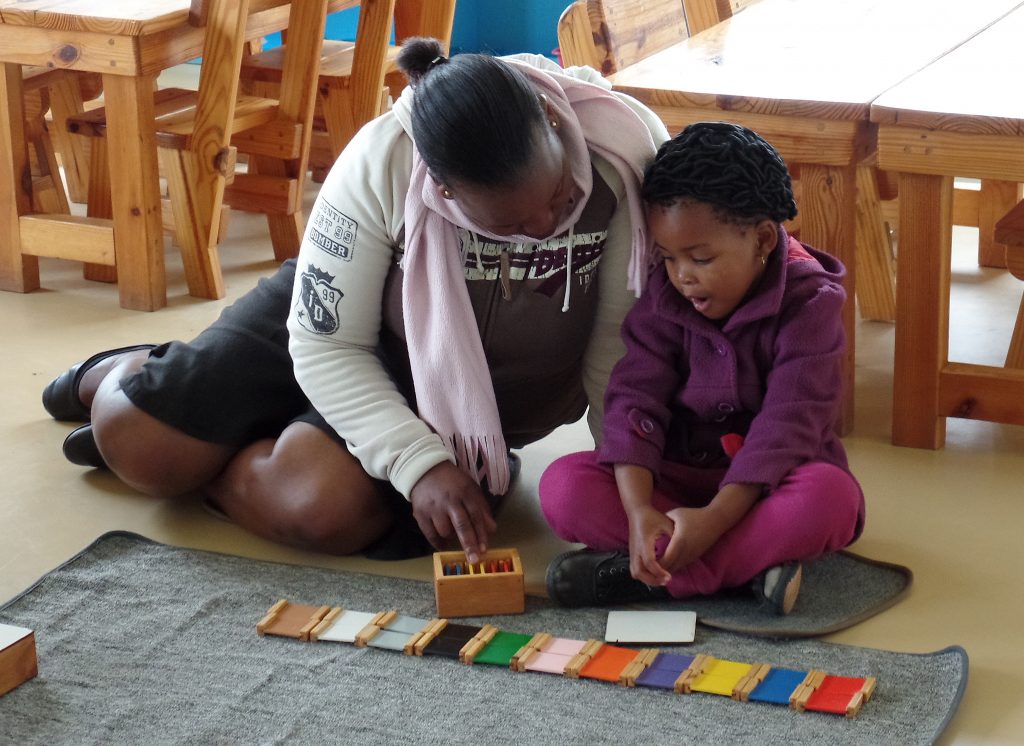
The educator in traditional schools is typically seen as that of instructor, the guardian of information and all-powerful. The child is viewed as someone who passively takes information from the outside and is restricted in their choices and independence. In our schools, the educator’s position is substantially different from that of a standard educator. The Montessori approach is based on a fundamentally reimagined vision of childhood, in which children are seen as passionately invested in their own development and capable of realising their full human potential through self-construction. The teacher’s role is also drastically reimagined.
Not only does the adult need a thorough knowledge of the stages of child development and the theory and uses of all the didactic materials, becoming a Montessori guide requires preparation and self-development. The self-development of the adult forms the foundation upon which all other areas can grow. Our role is to serve a higher purpose, we are here to aid life. We approach the child with deep respect, with reverence and humility, knowing that during the time they are with us, they are, through their own efforts, creating the foundation of their personalities, they are forming the adults they will become.
We need to reach a point of personal stability, knowing what is important in life, the purpose of education, what it is and what this great work really entails. All these are issues that should be carefully thought through, through a process of personal work, self-study and reflection.
This is exactly what we revisit consistently in our Wild Coast Hub teacher development workshops. We encourage the ladies to recognise personal limitations, to question the preconceived ideas about children and give up their need to control. Those who consciously engage are often amazed at their own transformations when they embark on this journey. One of the ladies says, “Not only have I changed how I am with the children, but also how I am at home and in my community. I feel stronger as a woman and realise I am able to do anything I put my mind to, even if before I saw it as men’s work.” Another says, “I know now we are all different, no person, child or adult can be forced to be or do the same. Each person has their own gift if we look closely. Even nature is a gift that we need to protect. Without it we cannot live in full.” Another teacher shares, “My relationship with the children has a lot to do with my attitude. If I am right inside, then my outside work will be right too. This is the same with others at home as well, my attitude can influence everything.”
As Montessori adults, the children we have chosen to guide are our most important teachers. We become humbled by them and our eyes are opened to the immense possibilities that lie ahead. We realise it is only through self-preparation that we are able to support the needs of the children in our care.
“The whole concept of education changes. It becomes a matter of giving help to the child’s life, to the psychological development of humans. No longer is it just an enforced task of retaining our words and ideas. This is the new path on which education has been put; to help the mind in its process of development, to aid its energies and strengthen its many powers.” (Maria Montessori)
Montessori M, 1984, The Absorbent Mind, Kalakshetra Publications, Madras India
